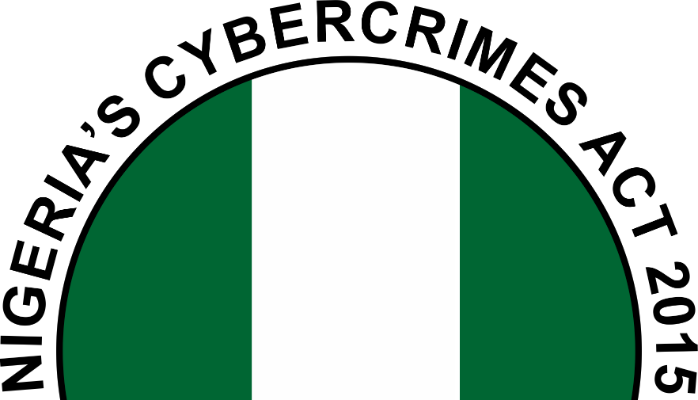Nigeria’s Cybercrimes Act Threatens Democracy, Investment - Envoys Warn
Posted 09:42 AM, Friday June 13, 2025 3 min(s) read

Photo by: Jedidah Ephraim
ABUJA, June 13 (AGCNewsNet) – Five top envoys from the United States, United Kingdom, Canada, Norway, and Finland have jointly raised alarm over Nigeria’s controversial Cybercrimes Act 2015, warning that its misuse poses a serious threat to free speech, democratic engagement, and economic growth.
In a statement marking Nigeria’s Democracy Day on June 12, U.S. Ambassador Richard M. Mills, Jr., British High Commissioner Richard Montgomery, Canadian High Commissioner Pasquale Salvaggio, Norwegian Ambassador Swein Baera, and Finnish Ambassador Sanna Selin urged the Nigerian government to urgently reform the Act to prevent abuse and align it with international human rights standards.
While commending the Act’s original intent—to combat online fraud and cyberattacks—the envoys expressed concern that vague definitions within the law, including terms such as “cyberstalking,” “false information,” “harassment,” and “insult,” have allowed authorities to weaponize the legislation against journalists, activists, and ordinary citizens.
Referencing the 2022 ruling by the ECOWAS Court of Justice, which found that Nigeria’s Cybercrimes Act violates regional obligations on freedom of expression, the diplomats warned that ongoing misuse could erode trust in democratic institutions and deter foreign investment.
One particularly troubling case cited was that of Dele Farotimi, an activist charged with 12 counts of cybercrime after publishing a book and podcast alleging judicial corruption. Despite the charges being withdrawn, his detention and treatment were seen as emblematic of the law’s broader misuse.
“Journalists, activists, and ordinary citizens have faced similar charges simply for expressing their opinions or reporting alleged corruption,” the joint statement read. “This chilling effect discourages civic engagement and undermines democratic accountability.”
The envoys pointed out that Nigeria loses an estimated $500 million annually to cybercrime, according to the Nigerian Communications Commission (NCC), and emphasized the importance of having an effective yet rights-respecting framework. However, they stressed that reform must balance crime prevention with the protection of civil liberties.
The diplomats welcomed the Nigerian government’s commitment—particularly from Minister of Information and National Orientation Mohammed Idris—to review the Act in collaboration with the National Assembly. They further urged lawmakers to expedite the review process and ensure broad public consultation and debate.
“Nigeria’s economic future depends on innovation and digital investment,” the envoys noted. “Misapplication of the Cybercrimes Act sends negative signals to potential investors and restricts the very freedoms that fuel digital entrepreneurship.”
They encouraged Nigerian lawmakers to narrow and clearly define key legal terms to prevent misinterpretation and abuse. They also acknowledged support from the Council of Europe’s Global Action on Cybercrime, which is providing funding and technical assistance for the Act’s review.
“As friends of Nigeria, we believe the country can become a digital powerhouse that respects democratic norms,” the statement concluded. “Reforming this Act is not just necessary—it’s vital for a stable, open, and prosperous future.”
Stay connected with AGC NewsNet for the latest news from Africa.
Source: Leadership News